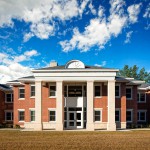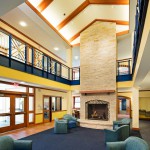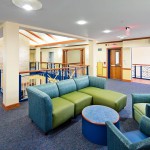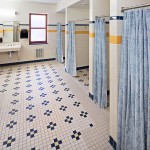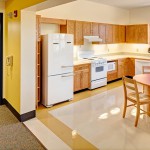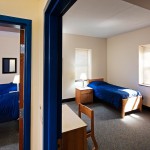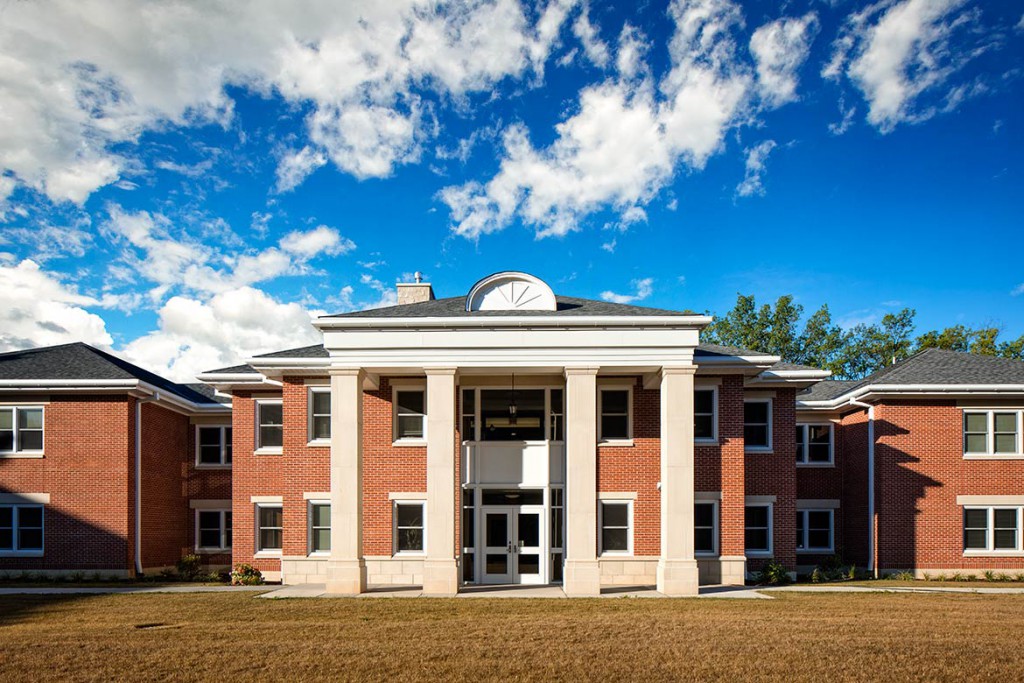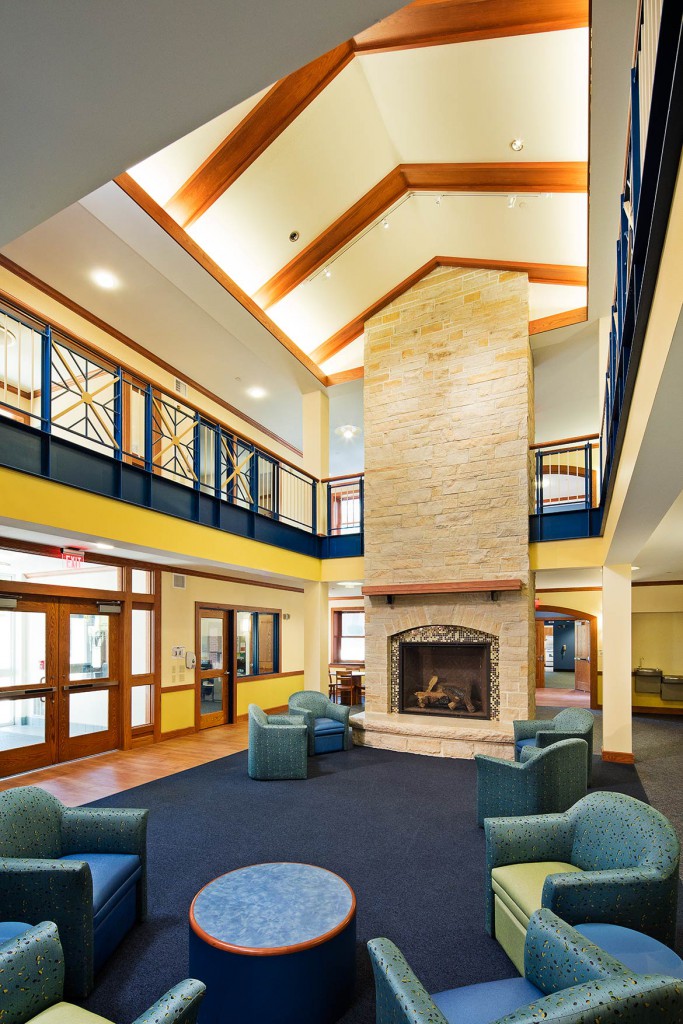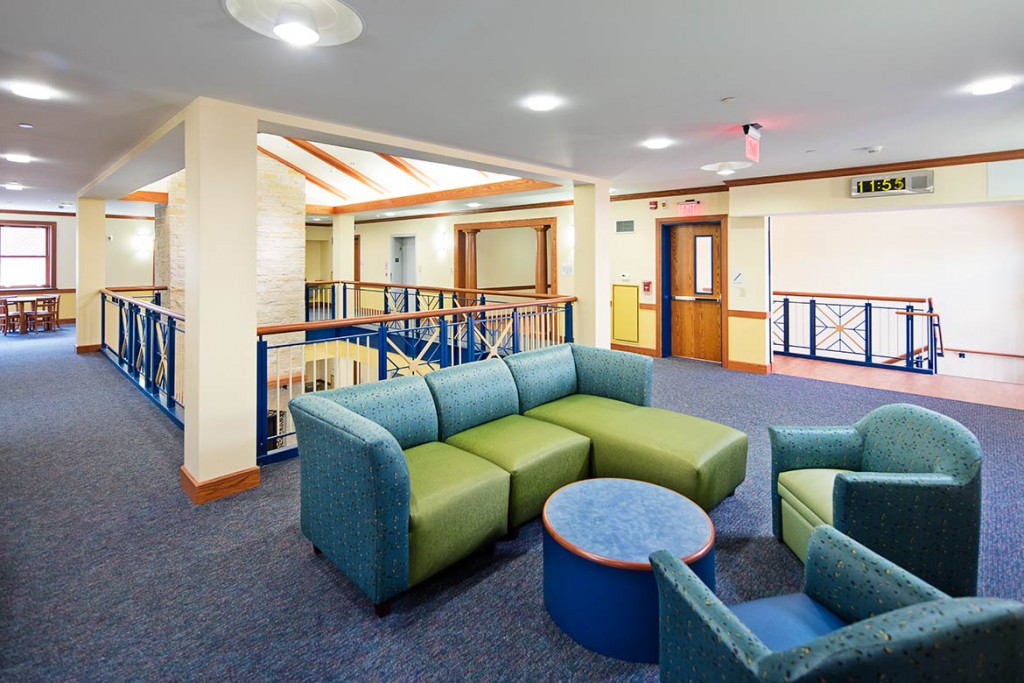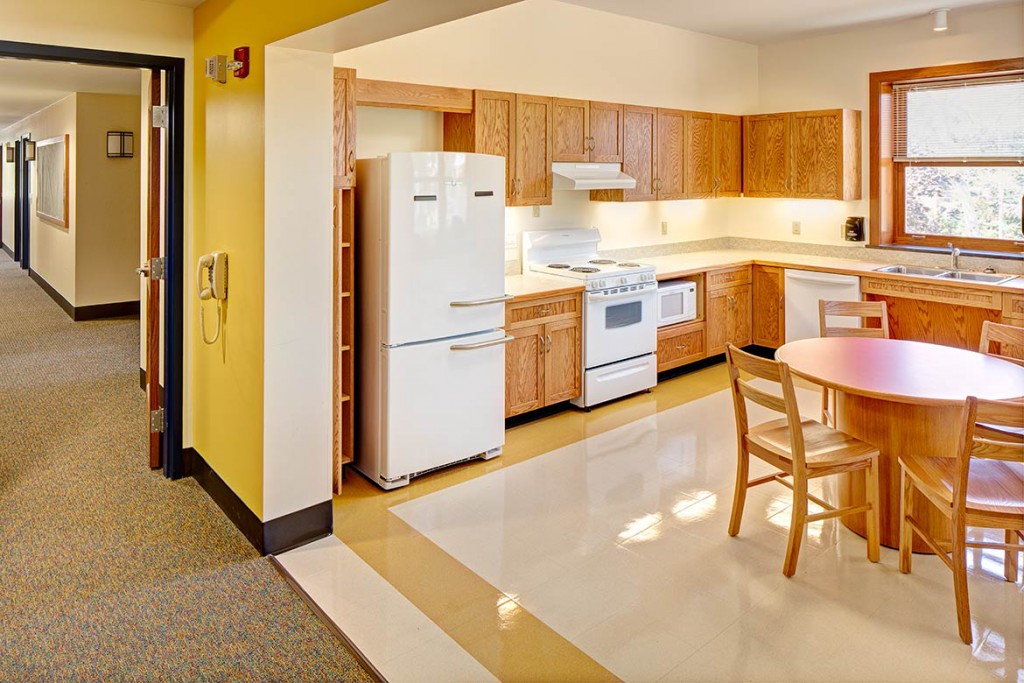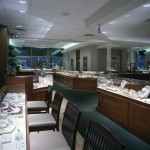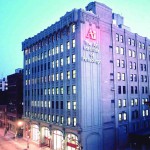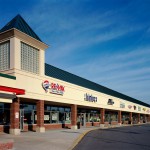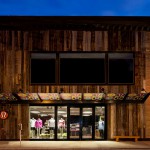Partnering with the Western Pennsylvania School for the Deaf for over a decade on their campus renovation and new construction needs, A. Martini & Co. recently finished a new dormitory on their campus in Swissvale, PA. Serving 40 percent of WPSD’s students, The Residence was constructed to offer a safe, nurturing, and supportive environment, along with full access to the School’s academic and extra-curricular programs to every deaf and hard-of-hearing student. Building a new residence hall on campus meant building a space that would respond to the needs of each of these students. The dormitory consists of 40 dormitory rooms among six living suits, each with bathrooms, a study area, and a kitchen. It offers a large central common area on both the main and second floors for socialization and group study. State-of-the-art wireless and information technology networks and a geothermal heating and cooling system were installed and the new building operates with increased efficiency while promoting sustainability.
Prior to construction beginning, WPSD met with A. Martini & Co., as well as MCF, the architect on the project, to discuss ways to improve environmental performance of The Residence. From these discussions, the building features include:
- Sustainable Sites: preservation of green space equal to the footprint of the building; Storm water properly designed to minimize rainwater run-off on campus.
- Water Efficiency: low-flow and water saving plumbing fixtures were installed; No potable water used for irrigation
- Materials and Resources: Construction Waste Management – large quantities of construction waste were diverted from a landfill through salvage and recycling of materials; Many construction materials used were manufactured within 500 miles of the WPSD campus;
- Indoor Environmental Quality: low-emitting paints and carpeting were used to improve indoor air quality for building occupants; thermal and lighting controls were provided beyond required code so students have the ability to control the lighting and temperature levels to maximize comfort
This project achieved LEED Silver Certification in October from the U.S. Green Building Council and is a standard-bearer for responsible construction in the community and among educational campuses within the Pittsburgh region.
